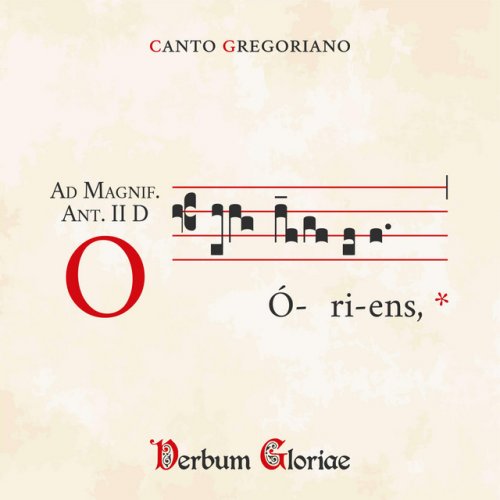O Óriens splendor lucis ætérnæ, et sol iustítiæ: veni, et illúmina sedéntes in ténebris, et umbra mortis.
O Day-Spring, brightness of the everlasting Light, Sun of Righteousness; come, to give light to them that sit in darkness, and in the shadow of death!
The 'O Óriens' stanza from 'O Come, O Come Emanuel':
Veni, veni o oriens!
Solare nos adveniens,
Noctis depelle nebulas,
Dirasque mortis tenebras.
Gaude, gaude, Emmanuel
nascetur pro te, Israel.
O come, Thou Dayspring, from on high,
And cheer us by Thy drawing nigh;
Disperse the gloomy clouds of night,
And death's dark shadows put to flight.
Rejoice! Rejoice! Emmanuel
Shall come to thee, O Israel.
Veni, veni o oriens!
Solare nos adveniens,
Noctis depelle nebulas,
Dirasque mortis tenebras.
Gaude, gaude, Emmanuel
nascetur pro te, Israel.
O come, Thou Dayspring, from on high,
And cheer us by Thy drawing nigh;
Disperse the gloomy clouds of night,
And death's dark shadows put to flight.
Rejoice! Rejoice! Emmanuel
Shall come to thee, O Israel.
The following is from the New Liturgical Movement
The medieval use of Augsburg in Germany contains a particularly interesting enrichment of the liturgy on these days. Each O is accompanied by a special chapter, and a special concluding oration, both of which refer back to it; these form a kind of scriptural and euchological commentary on the much older antiphons. Like many medieval uses, that of Augsburg also added other antiphons to the series, which I will note in another post next week; here are the chapters and prayers which go with the seven oldest antiphons, those found in the Roman Breviary. At Augsburg, the Os began on December 13th, and so I have noted them here.
The medieval use of Augsburg in Germany contains a particularly interesting enrichment of the liturgy on these days. Each O is accompanied by a special chapter, and a special concluding oration, both of which refer back to it; these form a kind of scriptural and euchological commentary on the much older antiphons. Like many medieval uses, that of Augsburg also added other antiphons to the series, which I will note in another post next week; here are the chapters and prayers which go with the seven oldest antiphons, those found in the Roman Breviary. At Augsburg, the Os began on December 13th, and so I have noted them here.
December 17 (21 in the Roman Breviary
Capitulum Orietur vobis timentibus no-men meum sol justitiae, et sanitas in pennis ejus. | The Chapter Unto you that fear my name, the Sun of justice shall arise, and health in his wings. (Malachi 4, 2) |
| Aña O Oriens, * splendor lu- aeternae, et sol justi tiae: veni, et illumina sedentes in tenebris, et umbra mortis. | Aña O Dayspring, * splendor of the light eternal, and sun of justice; come thou, and enlighten them that sit in darkness and the shadow of death. |
Oratio Mentes nostras, quaesumus, Domine, gratia tuae visita- tionis illustra: ut esse te lar- giente mereamur et inter prospera humiles, et inter adversa securi. Qui cum. | The Prayer Enlighten our minds, we be- seech Thee, Lord, by the grace of Thy visitation; that of Thy bounty we may merit to be humble in prosperity, and safe in adversity. Who with the Father. |

No comments:
Post a Comment
Comments are subject to deletion if they are not germane. I have no problem with a bit of colourful language, but blasphemy or depraved profanity will not be allowed. Attacks on the Catholic Faith will not be tolerated. Comments will be deleted that are republican (Yanks! Note the lower case 'r'!), attacks on the legitimacy of Pope Leo XIV as the Vicar of Christ, the legitimacy of the House of Windsor or of the claims of the Elder Line of the House of France, or attacks on the legitimacy of any of the currently ruling Houses of Europe.